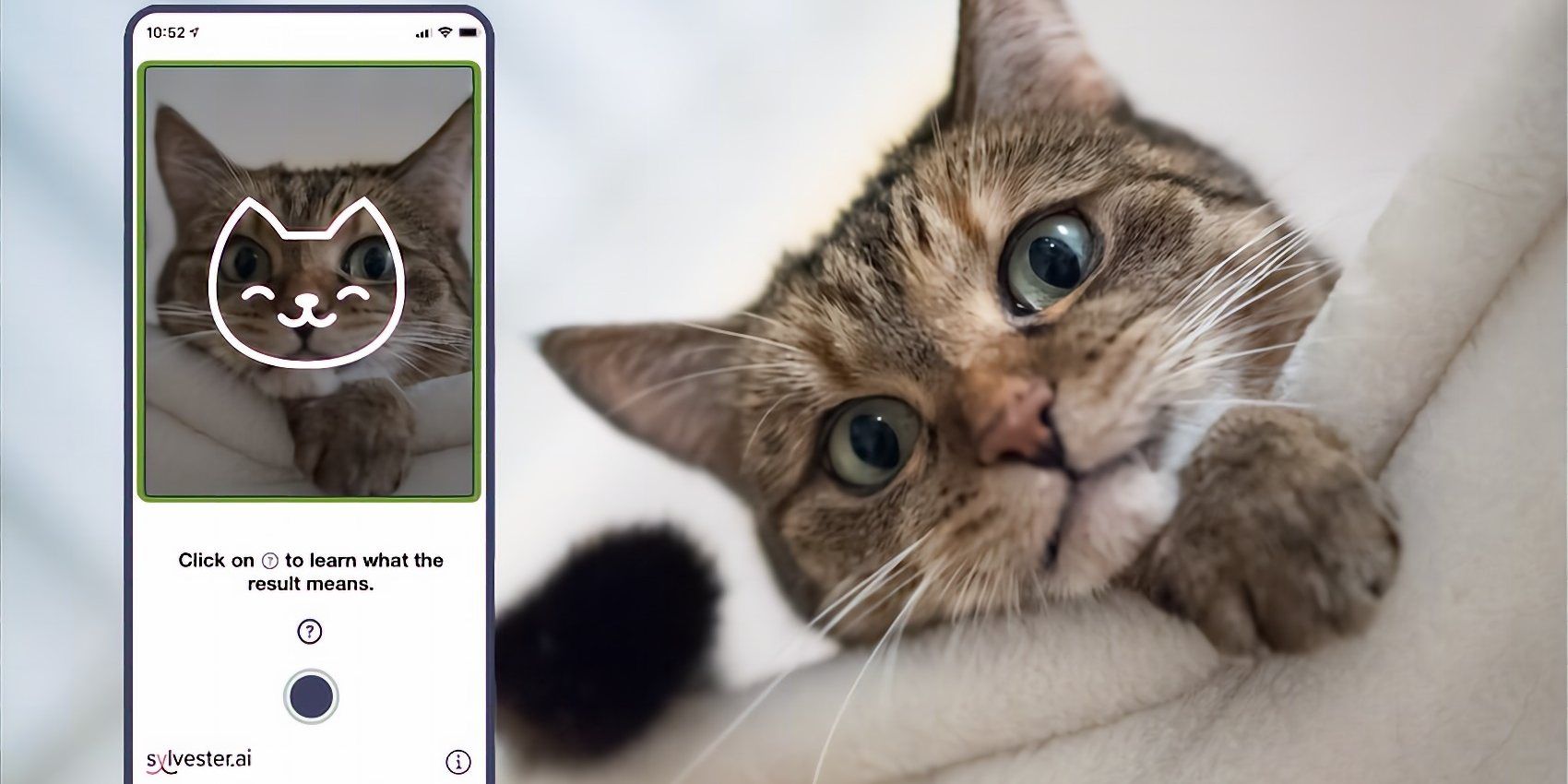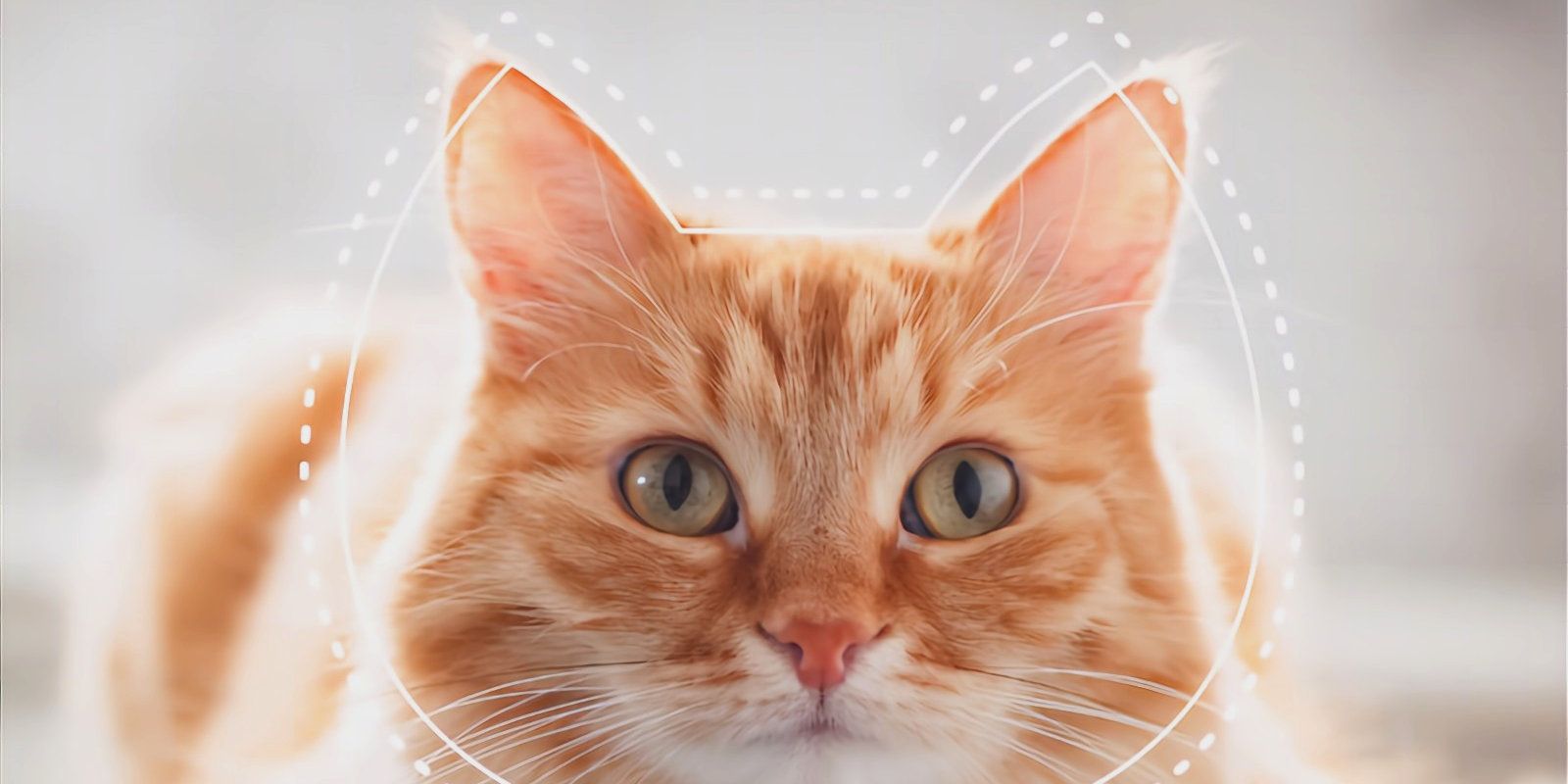
Assessing when a pet cat is not in the best of shape can be a tricky task, but the team over at Sylvester.AI have developed an app that leverages artificial intelligence (AI) and machine learning smarts to tell the mood of cats, including whether it is happy or in pain. Cats are known to be particularly difficult to analyze for any potential signs of discomfort due to their subtle and unique behavior that separates them from other pet animals. This can also result in difficulty in pain assessment and preventing them from receiving proper treatment in time. Moreover, conventional pain assessment tools can often prove to be either time-consuming or too complicated for regular cat parents.
Particularly, cats are known to mask pain without any easily discernible change in their body language or behavioral attributes. Yes, there are a few subtle markers that can be used to identify whether a cat is in pain, but it takes a healthy dose of experience to be able to read them and reach for veterinary care — something first-time cat owners may have to find out the hard way. However, unlike Google and its AI-driven app that can identify a handful of skin disorders or respiratory abnormalities by using a phone’s camera, no such reliable solution exists for felines.
Sylvester.AI aims to change that with its Tably app. The app only requires pet owners to take a picture of their cat, which is then assessed for certain body language metrics using a computer vision model to predict if it is in pain. The app employs what the company calls an AI-based Remote Patient Monitoring system to tell how a cat is feeling in general, and whether it needs any form of medical assistance. Tably can be used both by pet owners as well as veterinary experts, and is currently available as a beta for interested users from the official Sylvester.AI website.

At the heart of the app’s analysis algorithms is the Feline Grimace Scale, a scientifically validated toolkit that is used for pain assessment in pet felines. The scale looks for five body language markers — the position of ears, the tightening of orbitals, muzzle tension, the position of whiskers, and head alignment. The aforementioned markers are classified as Action Units, with each one ranking between a scale of 0 and 2, where 0 stands for an absent marker aka general wellness, 1 denotes a moderate state of pain, and 2 signifies an acute physical discomfort in cats.
For example, if a cat’s image shows traits like flattened ears that are rotated outwards, squinted eyes, or straight whiskers that are moving forward, it is quite likely that it needs some form of analgesic care. In contrast, if a cat’s muzzle is relaxed, eyes are open wide, and the head is above the shoulder line, it is a sign that there’s nothing wrong. For reference, pet parents are advised to click an image in well-lit surroundings with the face properly exposed. This is of critical importance as the computer vision model used by the app has been trained using thousands of images, and it relies on the clarity of physical attributes to detect the pain markers.
Source: Sylvester.AI, Feline Grimace Scale
from ScreenRant - Feed https://ift.tt/3fjeV61

0 Comments